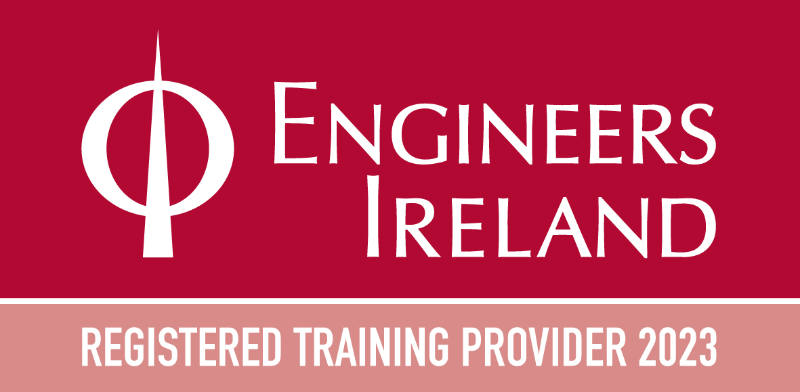Employee turnover is one of the greatest challenges businesses face today. According to a study by the Society for Human Resources in the US, the cost for replacing an employee is somewhere between six and nine months of an employee’s salary. Truth be told, different studies show different numbers but the fact is – whatever the numbers, losing an employee costs your business.
And that’s just in monetary terms. People often forget to consider the psychological effects of an employee leaving such as decreased motivation and engagement in the rest of the staff. There is also the loss in productivity of your existing employees while helping and teaching the new employee get up to speed. According to the founder of Bersin by Deloitte, Josh Bersin, it may take up to two years for an employee to reach the same level of productivity as the other employees. As you can imagine, that costs you money too.
Among other triggers such as lack of work/life balance, lack of promotion opportunities and insufficient pay, employee engagement is one of the top reasons for an employee to leave a company. That’s why engaging your people may be critical to your success.
As angel investor and entrepreneur, Amy Anderson says:
A person that feels appreciated will always do more than expected.
Based on the many years of experience we have in leadership training for business owners and senior managers and in skill and management training for employees, we find that to be completely true.
So naturally the question becomes – how do you make people feel appreciated? How do you engage them? Here are a few tips that we have gathered over the years:
Show Gratitude
While monetary rewards and other benefits are obviously important, the reason why many people leave a job is because they don’t feel valued. No bonuses and material acquisitions can make an employee feel as appreciated as a good old fashioned pat on the back. Give praise to your employees for a job well-done. There’s a number of ways to do that such as sending an email to the person with a copy to all employees, sending a thank you card, or just saying “thank you” in front of everybody. The best way to give thanks will ultimately depend on the employee too – some people like public recognition, others may not, be sure to take that into account before you share your gratitude.
Take their Ideas
Provide your employees with an outlet for sharing ideas – whether it is a board in the office or an online platform, create a space that encourages creativity and innovation. Encourage your employees to share ideas on process or product improvements on initiatives and even on innovation. There’s nothing that gives more sense of pride and value than knowing your ideas are taken to heart and acted on. The feeling that you can contribute, shape the organisation and how it does things is a powerful motivator. Not to mention the benefits to your organisation by tapping into the creative potential of so many people!
Show Personal Attention
One of the main benefits of a small business is that everybody knows everybody which often leads to employees feeling like their colleagues are also friends or even family. When an organisation grows these personal relationships are often lost. However, a sense of community is key to commitment as this is what connects employees to your company on an emotional level. If you are a small company, try and remember a fact or two about each employee. Ask them how their kids are doing; how the birthday of their spouse was; how dance classes or football games are going – there’s a million ways to show interest. If you are a larger organisation, train the managers of each team to do the same. At the end of the day, it is employees that move your organisation forward.
Be Understanding
Don’t forget that your employees are also people, and people have feelings, worries, fears, etc. There are moments in everybody’s life when we experience difficulties and distress – whether it’s a breakup, problems with the kids, health issues or whatever it may. It is only natural that such problems affect people’s work and performance. They may be late to work, they may need to leave early and they may be less productive for a while. Try to be understanding and supportive. This attitude often translates into higher levels of commitment later on and even loyalty.
Ask for Opinions and Listen
Try to involve employees in any decision making as much as you can. It will make them feel like the company is theirs too, not only yours. That sense of inclusion gives people the feeling of community which is what you want. When it comes to your next team building event – ask your employees what they want to do. When you are organising your company’s Christmas party – ask them where they want to celebrate. Any operational changes you want to make – ask you employees. Whether it is changing the lunch hours, introducing office perks, replacing the office chairs with new ones – let them give an opinion.
Happy employees are engaged employees and happy employees often translate into happy customers too. By treating employees well and making them feel valued, you not only create a much more pleasant working environment, you also improve your company’s performance. As Simon Sinek, business guru and author puts it:
“Your customers will never love your company until your employees love your company.”
Couldn’t be more true.













